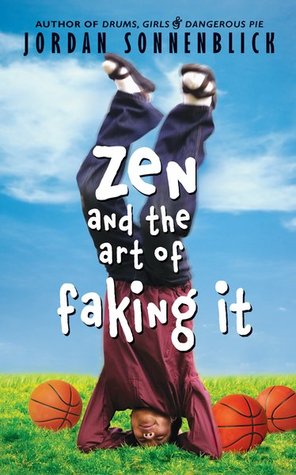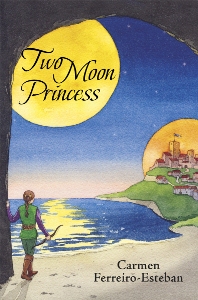This review contains affiliate links, which earn me a small commission when you click and purchase, at no extra cost to you. Thank you for supporting my small business and allowing me to continue providing you a reliable resource for clean book ratings.
San and his mother have just moved to Pennsylvania from Texas. San’s father is not with them yet, and being a rather self-conscious eighth-grader, San decides to project an image of Buddhism to his teachers and schoolmates, a task that is simplified by his Asian heritage. When this persona appeals to a girl that San finds attractive, he is even more determined to master the role. Predictably, events get out of hand, and San finds his threads of deceit unraveling around him as he is sucked into the whirlpool of truth.
Jordan Sonnenblick does a masterful job of channeling the American teenage male mind, with all of its passions and uncertainties, and presenting the reader a very amusing look at the social aspect of junior high school. His writing style and prose are very believable in the first person, right down to the terms and phrases that the main character both thinks and speaks. The overall message is also very positive, and although alluded to throughout the story, it was nice to see it bluntly stated near the end: “You have to do what’s right because it’s right, not because somebody’s going to give you a gold star at the end.”
The author also deals with a wide array of problems common among teenagers today: divorce, adoption, poverty, welfare, and social caste-ing are all themes that are explored at various depths. If I had any major complaints about this book, they would be centered here. The primary characters are all in situations that allow for blunt discussion of these topics, and I was hoping for more in-depth conversations than actually occurred. The book is short, and I think the addition of a couple dozen more pages to proffer some kind of food for thought would have made this work much more valuable to today’s teens. As it is, it is a fun, easy read, but the author clearly has the talent to push it just a bit further.
Rated: Moderate (for teens). Thirty instances of crude teenage terminology, with 10 uses of taking the Lord’s name in vain. (One of these 10 was the main character swearing at his mother, which I personally found objectionable, and probably factored into my rating.)
Click here to purchase your copy of Zen and the Art of Faking It on Amazon.





We read this book as eighth graders in school and I’d have to say it was a pretty interesting book. Kind of flat in some places though. If you get someone to read you this book make sure its not a teacher that speaks in monotone and only reads a chapter a day!
Why do you bother? I mean, seriously . . . People speak. They talk. In the real world, the one where hyper-critical Christian extremists are seen for what they are, people speak like this. Why don’t you stick to the genre for which you seem best suited: Christian Lit.
I’m sorry if this offends some people, but i had to read this for an 8th grade summer assignment and it was terrible. you say the author did a good job of projecting the american teenage male mind, but no the author didn’t do that at all. The book was dull and boring. It was cheesy and not really funny at all
I think this book was just boring. The concept of Zen was weird and kinda awkward. I think that this book is just not good, and it had nothing funny to it, and he and Woody never really escalated in their relationship.
i have read a little,and it hooked me to me to read more.